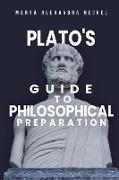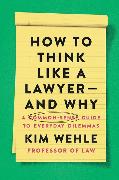Plato's Guide to Philosophical Preparation
BücherAngebote / Angebote:
Imagine a hypothetical reader of Plato. He cannot help but notice that throughout Plato's works, there are exhortations to philosophy - powerful protreptics that praise philosophy's virtues. Philosophy can make us better skilled at thinking (Phaedrus 239b), it can make us more virtuous (Phaedo 83e), it can help us discover the secret to happiness (Republic 473e), and allow us to experience the truest pleasures of this life (Republic 586e-7a), as well as be rewarded in life after death (Gorgias 526c, Phaedrus 249c, Phaedo 114c). Philosophy, in short, is "a gift from the gods to the mortal race whose value neither has been nor will be surpassed" (Timaeus 47b).1 This reader should also notice that with this praise comes warning, and that philosophy, according to Plato, is dangerous. False beliefs are harmful to one's soul, and one main danger of practicing philosophy is acquiring false beliefs.2 More serious is the danger of corrupting one's soul to the point of preventing any further philosophizing and becoming lawless and immoral. One might think that these dangers are easily avoided, but according to Plato, this is not the case.3 There are wrong ways of doing philosophy that are so close in appearance to the right way that a person can go wrong without realizing it, someone could have good reason to see himself as a philosopher but in reality fail to be one - with harmful consequences.4 Our aspiring philosopher would therefore do well to be on guard in his pursuits
Folgt in ca. 15 Arbeitstagen




